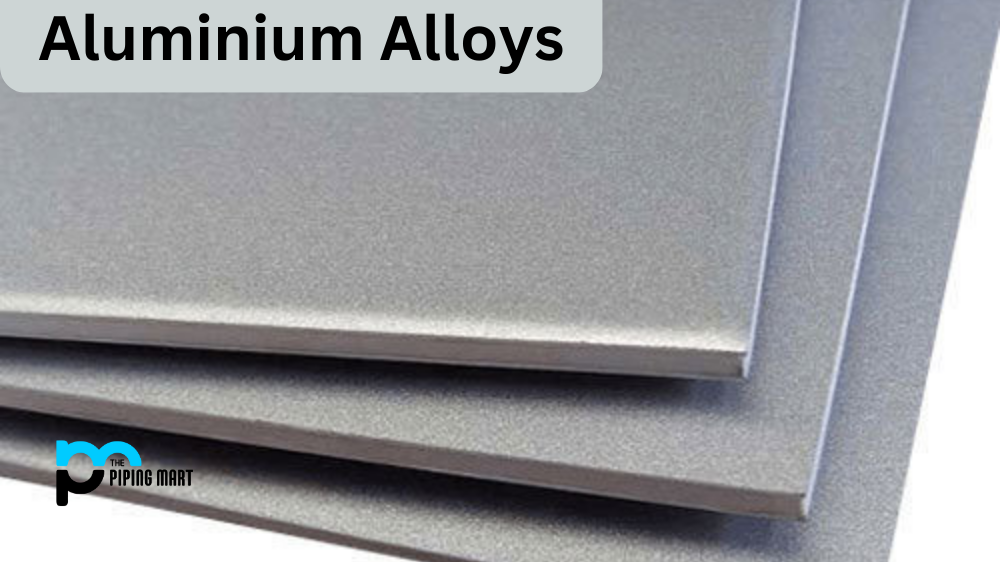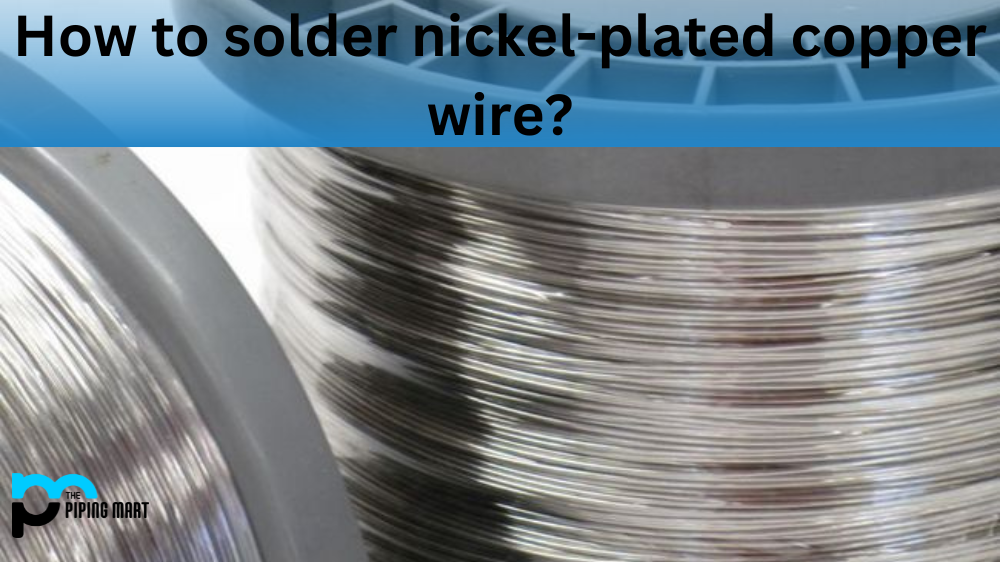Carbon steel and Inconel are two popular materials frequently used in manufacturing. While both materials offer unique advantages, they also have some key differences that make them better suited for specific applications. Let’s look at the properties of carbon steel and Inconel to see how they compare.
What is Carbon Steel?
Carbon steel is an alloy made from iron and carbon. It is incredibly strong, durable, and corrosion-resistant, making it an excellent choice for car parts, tools, structural components, etc. However, it has its limitations; for example, it cannot be used in high-temperature applications or where extreme resistance to wear is required.
What is Inconel?
Inconel is a material made from nickel and chromium alloys. It was developed to withstand extreme temperatures—up to 2200°F—which makes it perfect for aerospace components, nuclear reactors, chemical processing equipment, and more. Additionally, unlike carbon steel, which can rust over time due to moisture or other environmentally corrosive elements, Inconel offers excellent corrosion resistance. This makes it ideal for applications where corrosion protection is necessary.
Difference Between Inconel and Carbon Steel
Properties
When evaluating whether carbon steel or Inconel should be used for a particular application, you need to consider the various properties of each material side-by-side. Here’s a quick look at how their respective properties compare:
Strength:
Carbon steel is slightly stronger than Inconel when exposed to room temperature environments; however, when subjected to higher temperatures (above 1000°F), Inconel becomes much stronger than carbon steel due to its superior heat resistance capabilities.
Corrosion Resistance:
As mentioned above, Inconel offers significantly better resistance to corrosion than carbon steel due to its nickel content; this makes it suitable for use in highly corrosive environments such as those found in chemical processing plants or offshore oil rigs.
Cost:
Carbon steel is generally cheaper than Inconel because it does not require as much processing during production; this means that manufacturers can produce more parts per hour with less cost than making Inconel parts that need unique machining processes and additional steps during production.
Conclusion:
When deciding between using carbon steel or Inconel for a particular project or application, many factors should be considered. The type of environment where the part will be located (temperature considerations) should be one of your primary concerns when selecting either material; this will help determine which material will offer the best performance characteristics for your needs without sacrificing quality or breaking the bank on cost considerations. Additionally, consider consulting with an expert who can provide more detailed information on what types of applications each material excels at before you make your selection so that you can get precisely what you need from either option!




